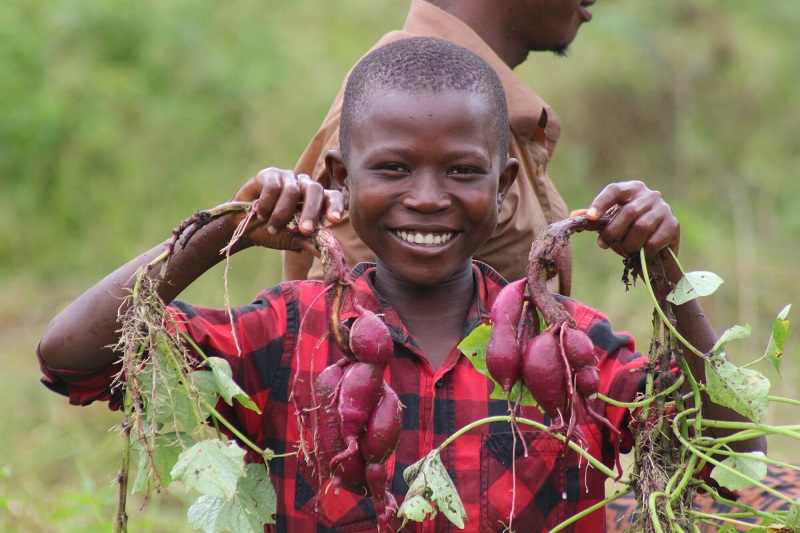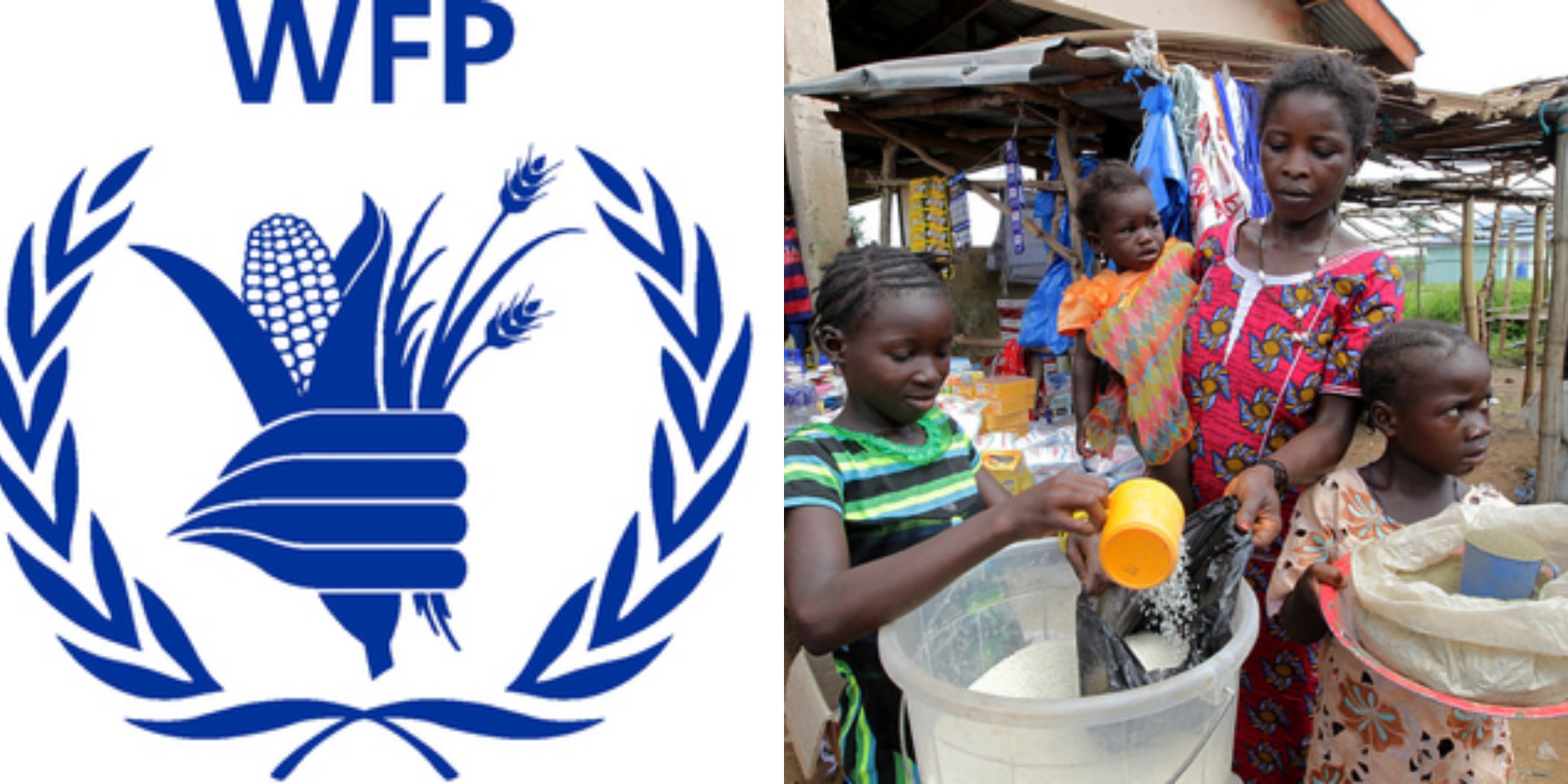The United Nations World Food Programme (WFP) has reached 540,000 people in Sierra Leone with lifesaving and resilience building assistance last year, helping them meet their basic food and nutritional needs amidst rising levels of hunger, partly due to the economic fallout from COVID-19.
This is according to a recent report distributed by APO Group on behalf of the World Food Programme (WFP).
“Our assistance did not only help people have access to more nutritious food and more frequent meals. It also prevented many from engaging in harmful means of coping with hunger, such as selling off their assets to buy food, which would make them even more vulnerable in the face of future shocks,” said Steve Nsubuga, WFP’s Country Director in Sierra Leone.
Nsubuga commended WFP’s partners and donors for making the agency’s assistance possible especially at the height of the lean season in August when a major round of WFP life-saving food assistance began. Working with the Ministry of Social Welfare, WFP targeted the most vulnerable households, delivering assistance as food prices rose amidst widespread poverty and reduced incomes due to COVID-19.
WFP’s much needed assistance reached all districts of Sierra Leone thanks to generous contributions from China, the European Union, Irish Aid and Japan, which is WFP’s largest donor in Sierra Leone, as well as Russia, the United States of America and multilateral donors.

In addition to lifesaving and asset-creation assistance, WFP supported the Government’s priority of drawing children to school, by feeding 327,000 pupils daily in over 1,000 schools. WFP further supported Sierra Leone’s aspiration for home-grown school feeding – a model where school food is sourced from local smallholders – by mobilising school communities for a pilot, which began this year and is on-going.
WFP also supported smallholder farmers in six districts, providing them with cash or in-kind food to build irrigation schemes in inland valley swamps to enable food production throughout the year. The farmers used climate-sensitive methods that preserve the environment and Sierra Leone’s rich ecosystem and lead to higher yields. Working with the Ministry Agriculture, also as part of UN Peacebuilding Fund project, WFP supported the rehabilitation and development of 987 hectares of inland valley swamps.
Together with other agencies, WFP supported the newly established National Disaster Management Agency (NDMA), training its staff in emergency logistics and handing over its logistics base at Port Loko to enable the agency’s rapid response to disasters.
“Ever since the NDMA was established, in 2020, strengthening its capacity became our priority because of the increasing risk of climate change-related disasters such as floods and mudslides, as well as fires, and their implications on food security,” Nsubuga said.











